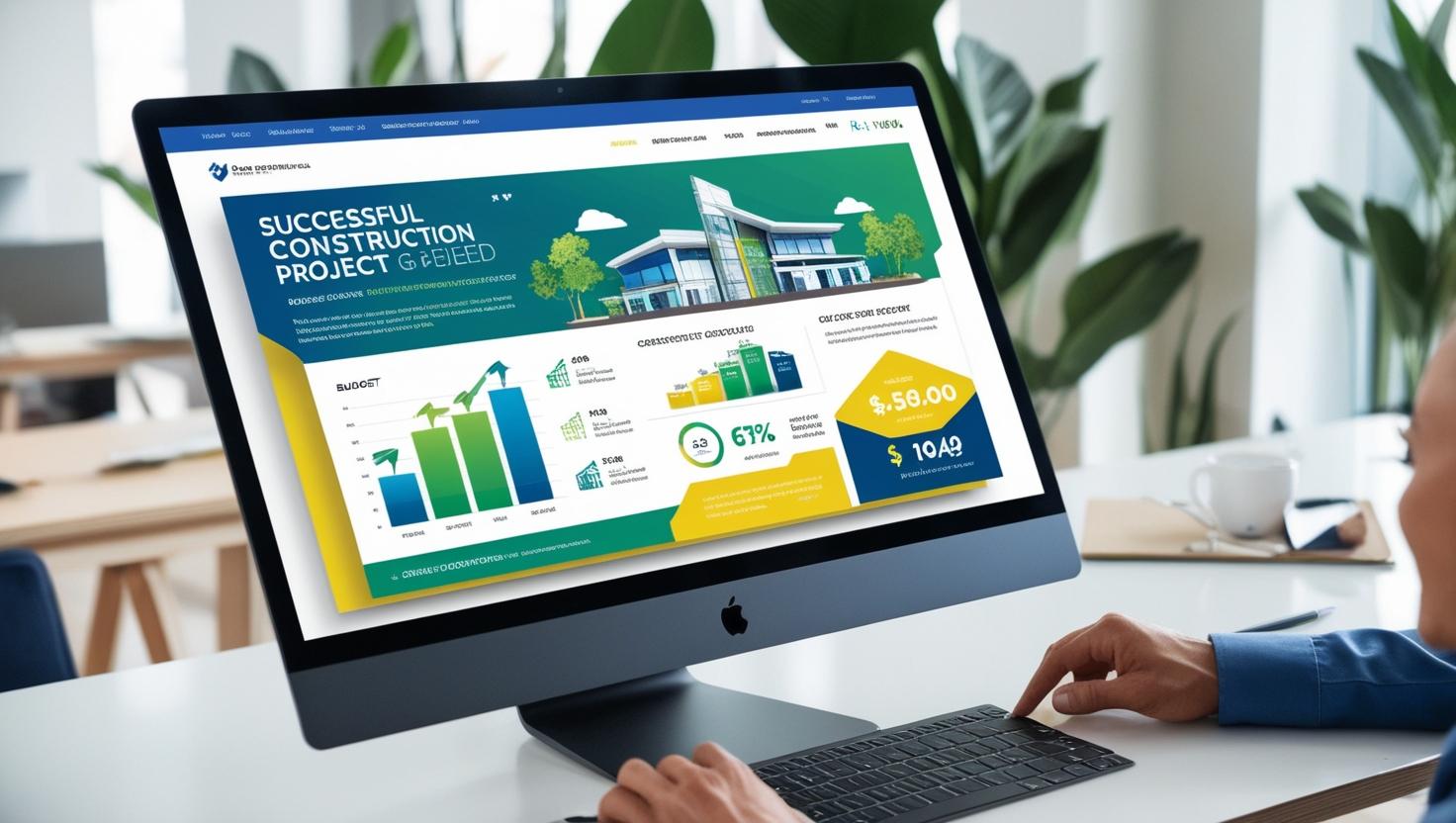Cash flow management is the backbone of any successful construction project. In an industry where delays and unexpected expenses are common, ensuring a steady flow of cash can mean the difference between a project that thrives and one that collapses under financial strain. Managing cash flow effectively not only keeps operations running smoothly but also fosters strong relationships with contractors, suppliers, and stakeholders. In this post, we’ll explore why cash flow management is so critical in construction, the challenges it addresses, and practical strategies to help you keep your projects on track and within budget.

1 - Cash Flow Ensures Smooth Project Operations
Cash flow is the lifeblood of any construction project. Without adequate cash on hand, paying suppliers, subcontractors, and workers on time becomes challenging, leading to delays. Construction projects often involve staggered payments based on milestones or progress, making cash flow critical to maintaining momentum
Timely cash flow management ensures that every phase of the project has the financial resources it needs to progress as planned. For example, if a payment from a client is delayed, it can create a domino effect, stalling the procurement of materials or payment to subcontractors. Effective management mitigates these risks and ensures smooth operations.
Moreover, consistent cash flow allows project managers to plan for contingencies, such as unforeseen cost increases or emergencies. For example, rising material costs or sudden equipment breakdowns can be handled efficiently without impacting the overall project timeline. A well-managed cash flow gives the project the flexibility needed to address unexpected challenges.

2 - Poor Cash Flow Management Can Lead to Project Delays
Construction projects are notorious for their complexity and dependency on tight schedules. A disrupted cash flow can cause critical delays. For instance, if funds are unavailable to pay for a scheduled concrete pour, it might set off a chain reaction affecting other tasks like framing and roofing.
Such delays not only extend the project timeline but can also result in financial penalties, strained relationships with clients, and reputational damage. Implementing robust cash flow forecasting helps predict shortfalls and allows for proactive adjustments, such as renegotiating payment terms or securing temporary funding.
Additionally, poor cash flow management often forces companies to rely on high-interest loans or credit lines to keep the project afloat. This increases the overall cost of the project, further squeezing profit margins. With proper planning and forecasting, these financial burdens can be minimized, ensuring projects remain on schedule and within budget.

3 - Cash Flow Impacts Contractor and Supplier Relationships
Maintaining positive cash flow ensures that contractors, suppliers, and vendors are paid on time, fostering trust and strong working relationships. Reliable payments encourage suppliers to prioritize your project, ensuring timely delivery of materials and services.
On the other hand, irregular payments can lead to strained relationships, reduced credit terms, or even legal disputes. Over time, this damages your ability to negotiate favorable terms or secure reliable suppliers, increasing project costs and risks.
Furthermore, strong cash flow management demonstrates your company’s professionalism and reliability in the industry. This reputation not only secures better deals from suppliers but also attracts high-quality subcontractors who are critical to delivering a successful project. Building these relationships adds long-term value to your business.

4 - Healthy Cash Flow Supports Financial Stability and Profitability
A project may appear profitable on paper, but without proper cash flow management, financial stability is at risk. Many construction firms fail despite having profitable projects because they can’t meet immediate financial obligations. Balancing incoming payments with outgoing expenses is essential for long-term viability.
Accurate cash flow forecasting allows firms to avoid relying on high-interest loans or other expensive financing options. By maintaining a healthy cash flow, businesses can keep operations stable and focus on profitability rather than just survival.
In addition, healthy cash flow creates opportunities for expansion. Companies can confidently bid on larger projects, purchase better equipment, or invest in new technologies that improve efficiency. Without the constant worry of cash shortages, businesses can focus on scaling and building a competitive edge in the industry.

5 - Technology Can Transform Cash Flow Management
Modern tools and software can automate cash flow tracking, provide real-time insights, and help project managers make informed decisions. Construction management platforms often integrate financial tracking, allowing you to see cash inflows and outflows at a glance.
Using technology reduces the risk of human error, improves accuracy, and saves time. For example, forecasting tools can simulate different scenarios to help businesses prepare for unexpected delays in client payments or cost overruns, ensuring the project stays on track.
Moreover, advanced technology like artificial intelligence and machine learning can identify patterns in cash flow data, offering predictive insights. These tools enable businesses to anticipate potential issues and adjust strategies proactively. Leveraging these innovations can significantly enhance overall financial management in construction projects.